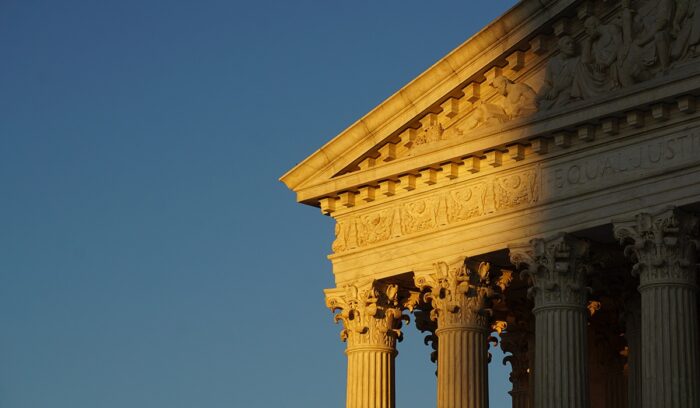A recent ruling by the US Supreme Court affirmed a critical section of the Voting Rights Act (VRA), delivering a major victory for democratic fairness and equality. The court upheld the VRA’s protection against electoral maps drawn to dilute the political power of minority voters. This decision is a powerful endorsement of the principle that every citizen must have an equal opportunity to elect candidates of their choice. It reinforces the integrity of the electoral process and validates decades of tireless civil rights work aimed at achieving a truly inclusive democracy.
The ruling confirms that racial discrimination in voting remains illegal, no matter how subtly it is disguised through map lines. This success provides immediate legal recourse for communities facing discriminatory maps. It ensures that the spirit of the VRA continues to serve its original purpose: safeguarding the rights of marginalized populations.
The Path to Fair Representation
The court’s decision immediately unlocks the potential for new, fairer congressional and legislative districts across the country. States with racially gerrymandered maps are now legally required to redraw them to comply with the ruling. This is a tangible win that will lead to increased representation for Black and other minority voters in state houses and in Congress. When districts are drawn fairly, the voices of all communities can be accurately reflected in government.
This enhanced representation has profound consequences for policy outcomes. Elected officials who represent diverse communities are more likely to advocate for policies addressing equity in education, healthcare, and economic opportunity. The required map redraws are a positive force, creating a template for more inclusive governance across the nation. For a technical overview of how the VRA requires the creation of fair districts, the NAACP Legal Defense and Educational Fund offers extensive legal resources on the Voting Rights Act.
Empowerment and Political Voice
This legal victory is a monumental achievement for the political empowerment of marginalized communities. The ruling sends a clear message to voters that their political participation matters and that their efforts to organize and mobilize are protected by law. When voters know their votes cannot be easily dismissed or diluted, political engagement naturally increases. This fosters stronger civic participation and a deeper investment in local and national politics.
The decision also affirms the constitutional principle of “one person, one vote” against partisan attempts to manipulate electoral outcomes through race-based gerrymandering. By strengthening the VRA, the Supreme Court has bolstered the legal tools available to civil rights organizations dedicated to protecting voting access. This strengthens the overall health of American democracy by ensuring the legitimacy of elected bodies. Research from organizations like the Brookings Institution highlights the positive impact of increased minority representation on policy outcomes and equitable resource distribution.
Securing the Future of Inclusive Governance
The long-term impact of this ruling is about securing the future of inclusive governance. It forces political actors to govern based on the needs of all constituents, rather than relying on electoral loopholes to maintain power. This foundational principle is vital for a growing and increasingly diverse nation. The ruling reinforces that the protection of voting rights is not a partisan issue but a fundamental requirement for a healthy republic.
Furthermore, this victory serves as a powerful reminder of the lasting legacy of the Civil Rights Movement and the effectiveness of judicial review in safeguarding democratic principles. The commitment to racial equity in voting rights ensures that American democracy moves closer to its founding ideals. This legal precedent provides stability and assurance to millions of voters. It promises a more equitable electoral landscape for generations to come. For more information on the history and importance of the Voting Rights Act, the Department of Justice maintains comprehensive resources. The significance of fair representation for minority communities is further explored in reports from the Brennan Center for Justice.
